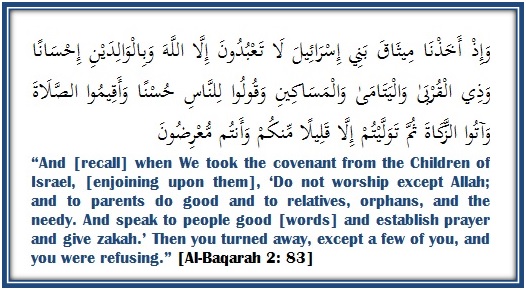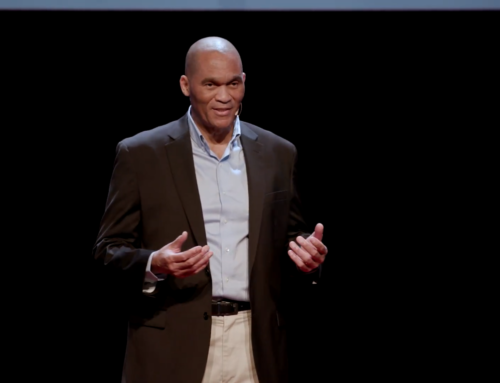
“Sometimes He gives while depriving you, and sometimes He deprives you in giving.” [HIKAM 83]; The discussion of the above aphorism reveals how to keep ones faith in Allah Most High firm and unshaken in times when things don’t quite go ones way, perfectly intertwining with the Qur’anic verse “And perhaps it may be that you dislike something, when it is good for you, Allah knows and you do not” (Surah Baqarah)
“There is no envy except in two instances: a person whom Allah has endowed with wealth and he spends it righteously, and a person whom Allah has given Hikmah and he judges by it and teaches it to others.” [Bukhari, Muslim, Ibn Majah]
The word Hikmah [wisdom] appears repeatedly in the Qur’an, and at every place, it has a different meaning. It is the verbal noun of ihkam which means “to complete what is said or done with all its properties and requisites,”
‘Abdullah ibn ‘Abbas radhiAllahu ‘anhu is of the view that the Hikmah [wisdom] mentioned here means the knowledge of the Qur’an. He who understands the Qur’an is truly blessed. This is a person who has understood what Allah subhanahu wa ta’ala expects from us and what are the things that we need to keep away. Such a person understands the purpose of his life. May Allah subhanahu wa ta’ala make us all from the people of the Qur’an, grant us its understanding and allow us to live by it, aameen.
In this ayah, Allah subhanahu wa ta’ala reminds the Children of Israel about His commandments, and the covenants that He took from them. They had promised that they will abide by those commands; however, they intentionally and knowingly turned away from all of that.
Allah subhanahu wa ta’ala had commanded them to worship Him and to associate none with Him in worship, just as He has commanded all of His creatures, for this is why Allah subhanahu wa ta’ala created them. This is the highest and most important right, that is, Allah’s right to be worshipped alone without partners.
After that comes the right of the creatures, foremost, the right of the parents. Allah subhanahu wa ta’ala usually mentions the rights of the parents along with His rights. For example see Qur’an 17: 23, 31: 14.
The Messenger ﷺ was asked about the best deed. He replied, “Performing the prayer on time.” He was then asked about the next best deed, he replied, “Being kind to one’s parents,” and then striving in the cause of Allah subhanahu wa ta’ala.
Reference: https://www.youtube.com/watch?v=00wLQjRvGig




Leave A Comment